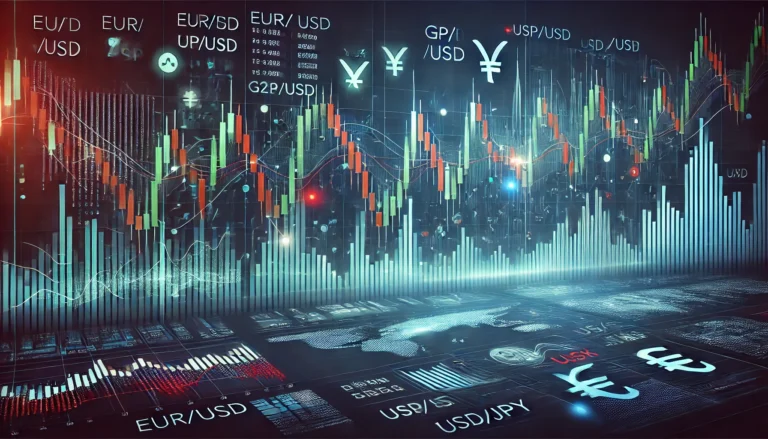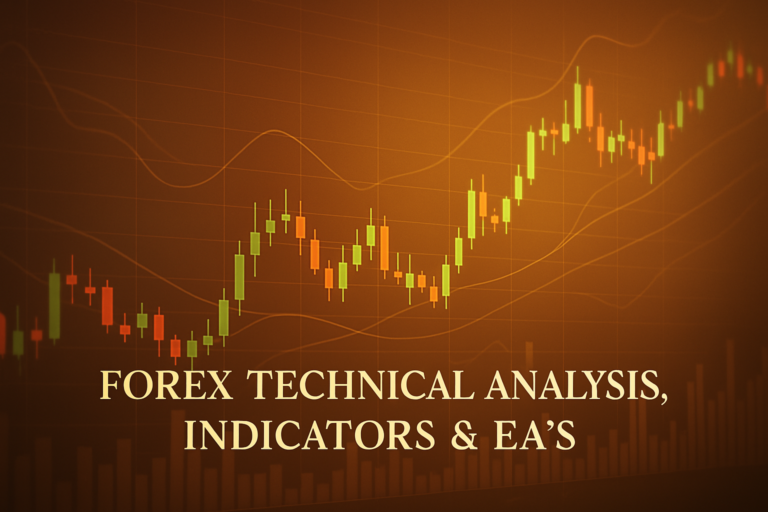
The spread meaning forex is a crucial concept that can impact your trading success. Understanding it will help you make informed decisions and improve your overall performance in the Forex market.
In the world of Forex trading, the term “spread” often gets thrown around, but what does it mean? The spread meaning forex refers to the difference between the buying price (ask price) and the selling price (bid price) of a currency pair. Understanding this concept is crucial for any trader, whether you’re just starting or have years of experience. It plays a significant role in determining your potential profits and losses.
Many traders, both beginners and professionals, struggle with the spread. It can be confusing, especially when trying to understand how it impacts your trades. A small spread may seem insignificant, but over time it can accumulate, affecting your overall performance. That’s why grasping the importance of the spread meaning forex is vital; it can help you make better trading decisions and maximize your profits.
If you’re new to Forex, it’s essential to learn forex to understand the dynamics of trading.
Understanding the Spread Meaning Forex
The spread meaning forex is a fundamental concept that every trader must understand. It represents the cost of trading in the Forex market. When you see a currency pair, like EUR/USD, it will have two prices: the bid price and the ask price. The bid price is the amount at which you can sell the currency, while the ask price is the amount at which you can buy it. The difference between these two prices is the spread.
So, why does the spread occur? Several factors contribute to it. Firstly, liquidity plays a significant role. In a highly liquid market, the spread tends to be smaller because there are many buyers and sellers. However, during times of low liquidity, such as market openings or news releases, the spread can widen. For example, if the EUR/USD has a bid price of 1.1000 and an ask price of 1.1003, the spread is 3 pips. If you enter a trade at that moment and the price fluctuates, you could quickly find yourself at a loss due to the spread.
Pro’s and Con’s for Spread Meaning Forex
Understanding the pros and cons of the spread meaning forex can equip you with the knowledge to navigate the Forex market more effectively.
Pros of Understanding Spread
- Informed Trading Decisions: Knowing the spread helps traders make informed decisions on when to enter or exit a trade.
- Cost Awareness: Being aware of the spread allows traders to factor in costs and avoid unexpected losses.
- Market Timing: Understanding when spreads widen can help traders time their trades better.
Cons of Spread
- Hidden Costs: New traders may overlook the spread, leading to unexpected losses.
- Market Volatility: Spreads can widen during volatile market conditions, making it riskier to trade.
- Potential Slippage: Orders may not execute at expected prices during times of high spread.
To mitigate the challenges associated with the spread meaning forex, here are some step-by-step solutions:
- Choose the Right Broker: Look for brokers that offer tight spreads and good execution.
- Trade During High Liquidity: Avoid trading during low liquidity times, such as holidays or off-hours.
- Use Limit Orders: Set limit orders to control entry and exit points better.
For advanced traders, be cautious of market news that can affect spreads. Always keep an eye on economic events that may cause sudden volatility.
Additionally, if you want to enhance your trading strategies, learning about the Moving Average can be beneficial.
Frequently Asked Questions
What is the average spread in Forex trading?
The average spread in Forex trading varies depending on the currency pair and market conditions. Major pairs like EUR/USD typically have lower spreads, averaging around 1-2 pips, while exotic pairs can have wider spreads, sometimes exceeding 10 pips. Understanding these averages helps traders anticipate costs.
Why does the spread change?
The spread can change due to various reasons, including market volatility, liquidity, and economic news releases. For example, during major news events, spreads may widen significantly, impacting trading costs. Traders need to monitor these changes to manage their strategies effectively.
How can I reduce my trading costs related to spread?
To reduce trading costs related to the spread, consider trading with brokers that offer low spreads and avoid trading during periods of high volatility. Additionally, using limit orders instead of market orders can help control entry and exit points, minimizing the impact of spread on your trades.
Is a low spread always better?
While a low spread is generally advantageous, it’s essential to consider other factors, such as execution speed and broker reliability. Sometimes, brokers with very low spreads may have other hidden costs, so always evaluate the overall trading conditions.
Can I trade with high spreads?
Yes, you can trade with high spreads, but it requires more caution. High spreads can eat into your profits, especially for short-term trades. Consider using longer-term strategies to mitigate the impact of high spreads.
What role does liquidity play in spread?
Liquidity directly affects the spread. In highly liquid markets, spreads are usually tighter due to the large number of buyers and sellers. Conversely, in illiquid markets, spreads tend to widen, increasing trading costs. Understanding liquidity can help traders choose the right times to trade.
Conclusion
In conclusion, understanding the spread meaning forex is essential for any trader looking to succeed in the Forex market. By grasping the concept and its implications, you can better manage your trades and improve your profitability. Remember, this issue can be managed or avoided with the right strategies. Stay informed and continue to enhance your trading skills!
As you embark on your Forex journey, remember that knowledge is power. Stay curious, keep learning, and you’ll become a more confident trader!
Recommended Next Steps
To further enhance your understanding of the spread meaning forex, consider the following steps:
- Research various brokers and compare their spreads.
- Practice trading on a demo account to get a feel for how spreads affect your trades.
- Stay updated on economic news that can impact market liquidity and spreads.
- Join Forex trading communities to share insights and learn from others’ experiences.
Trusted platforms like [Site Name] offer useful perspectives on this DailyFX, International Monetary Fund
Expand Your Knowledge
- 📌 Forex Trading Learning Road Map
- 📌 Forex Trading Course with no Fees
- 📌 Forex Trading Issues, Problems, and Solutions
- 📌 Forex Daily Forecast & Live Updates
- 📌 Forex Fundamental & News Analysis: Tomorrow’s Market Movers & Trade Opportunities
- 📌 Forex Education Hub: Learn & Profit
- 📌 Forex Technical Analysis, Indicators & EA’s
Start Trading Today
Ready to take your forex trading to the next level? Open an account with Exness, one of the most trusted platforms in the industry. 👉 Sign Up Now and trade with confidence!
My recommended broker stands out with ultra-low spreads for beginners, instant withdrawals, and zero spread accounts for pro traders.
Trusted since 2008, lightning-fast execution, no hidden fees, and a secure, transparent trading environment—giving you the edge you need to succeed. 🚀
YouTube Video Library: Related Videos
Note: The video above is embedded from YouTube and is the property of its original creator. We do not own or take responsibility for the content or opinions expressed in the video.


